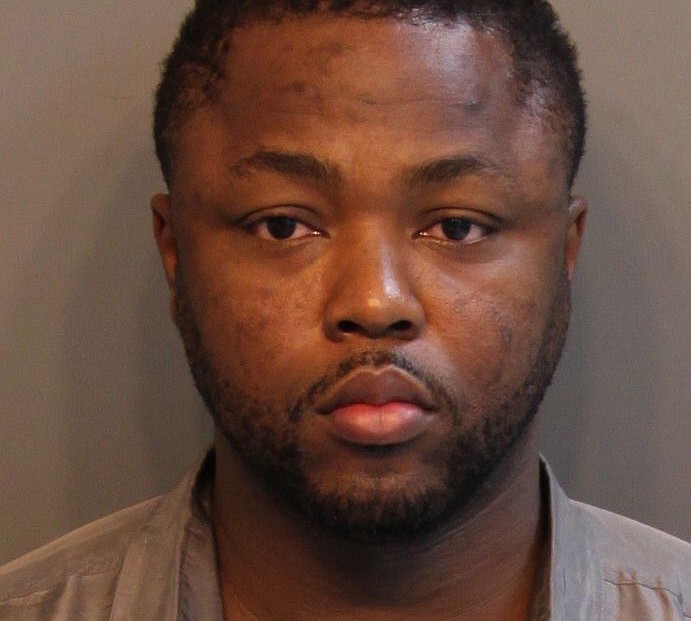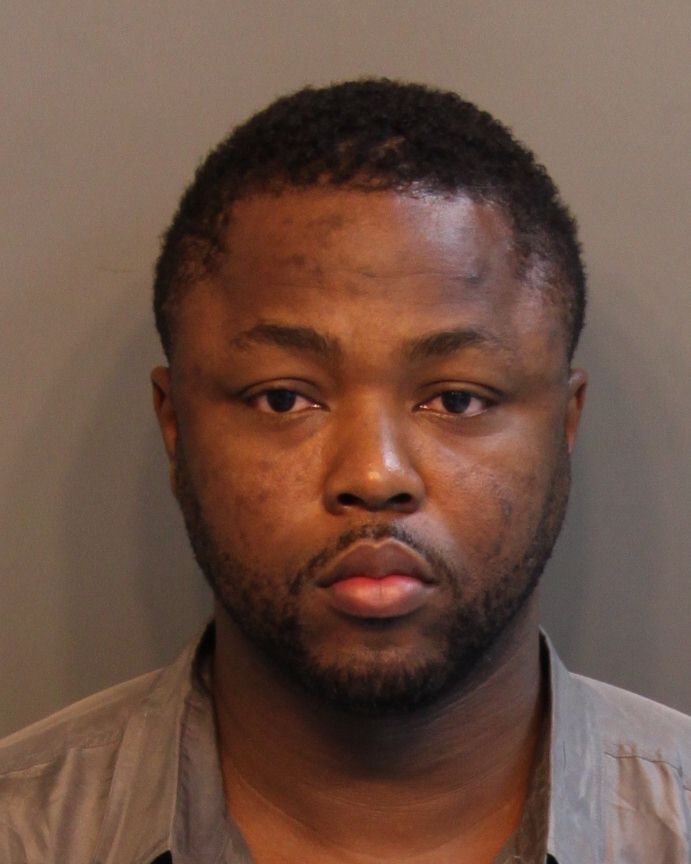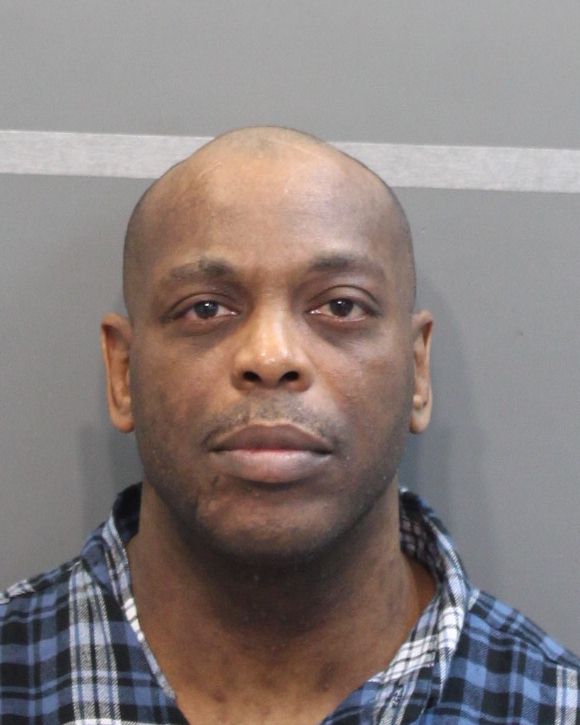LaJeromeny Brown agreed he would testify against his co-defendants as a part of his plea deal. He told attorneys he just didn't want to testify against his lifelong friend Jerry Alexander Jr.
Brown didn't have a choice on Monday. His plea deal required him to take the stand in U.S. District Court, and tell the truth about the drug conspiracy he participated in, and the cocaine and heroin he consistently sold to Alexander.
Both Brown, 37, and Alexander, 48, are charged along with six others in a conspiracy to distribute more than 280 grams of crack cocaine and more than five kilos of powder cocaine. A four-year federal investigation ending in November 2013 led to the arrest of 32 men who were labeled by city officials as the "worst of the worst" drug criminals. A majority of these men were indicted separately and have taken plea deals or pleaded guilty in court.
Brown shuffled into the courtroom on Monday with his hands and feet in shackles, wearing an orange jumpsuit. He avoided eye contact with Alexander, who sat directly in front of him staring solemnly. Brown told the jury that Alexander was "like a brother" to him, saying the two had known each other for more than 25 years.
Brown previously signed a plea deal in this conspiracy case, and he will be sentenced next month by U.S. District Court Judge Harry S. Mattice, who is also presiding over Alexander's trial. Brown will spend anywhere from 10 years to life in prison, and he is hoping that his testimony in court will help minimize his sentence.
The jury listened as Brown described the drug business he ran and how he had been selling drugs "on and off" throughout his adult life. Brown said he sold to Alexander "whenever he preferred it, maybe weekly."
"If he sold it, I don't know," Brown said. "... I never seen him sell it."
Brown said he gave Alexander drugs to "feed his addiction." Alexander's attorney, Clayton Whittaker, argued that his client is not like the men he is indicted with, as Alexander was just a cocaine user and not a part of the distribution conspiracy.
Brown also testified that when he traveled out of town he would leave portions of his drug stash with Alexander, who he trusted and could continue to supply customers.
Four recorded phone calls were played during Brown's testimony, and the jury listened through a slew of profanity and slang as Brown and Alexander talked about drugs using code.
Whittaker cross-examined Brown, asking him if he knew what a conspiracy was. Brown said he didn't know what a conspiracy was before he was arrested, but now he understands it to be "like a plan."
Brown acknowledged that the overall "plan," comprised of verbal agreements, had various people involved at different levels, and that he never had an agreement with Alexander to distribute.
Assistant U.S. Attorney Chris Poole argued that the wiretaps that recorded Brown and Alexander discussing drugs and Brown's testimony are enough evidence to prove that Alexander was involved in the local drug trade.
Closing arguments are expected to be heard this morning in the case, and then the jury members will deliberate on whether or not they believe Alexander participated in the drug conspiracy.
Contact staff writer Kendi Anderson at kendi.anderson@timesfree press.com or 423-757-6592.


